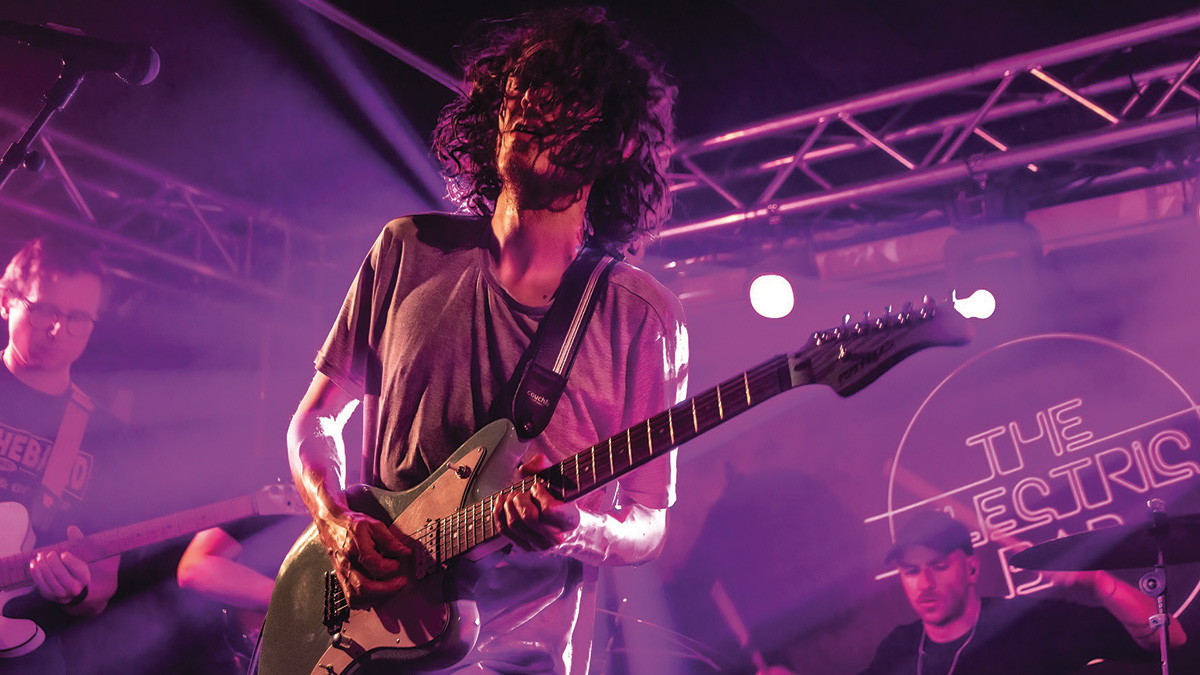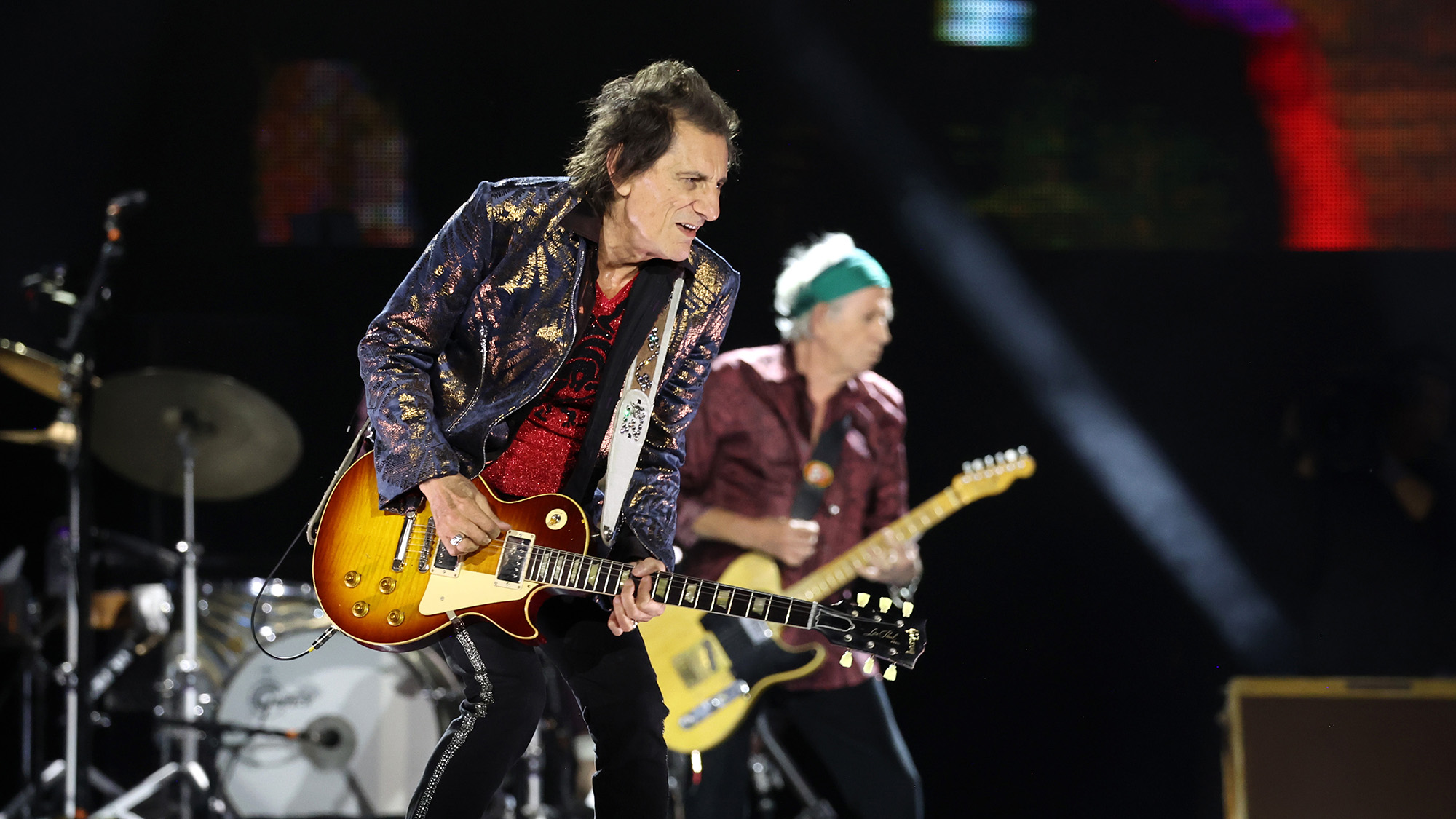“I’ve always struggled with confidence in my playing, but I wanted to stress that guitar has to change, grow and develop in order to survive”: Maebe’s Michael Astley-Brown on how guitar must evolve – and why instrumental music is key to its progression
The progressive post-rock instrumentalist (and editor-in-chief of this very website) on why guitar playing needs to move past the point of repetition, and how guitar can be the medium with which we share our most personal stories

“Maebe’s first album was all about seeing whether I could do this,” progressive post-rock guitarist Michael Astley-Brown tells Guitar World. “I’ve always struggled with confidence in my playing, but I wanted to focus on putting together a body of work just to see if I could do it.”
It’s a surprising revelation, given Astley-Brown’s abilities. Be it his ear for melody, knack for riffage or penchant for outright shred, the ace Fernandes offset-slinger knows his way around a fretboard. As a result, Maebe’s self-titled 2020 debut set a high standard.
“Going into the new one, Rebirth. Relive. Repeat., I said, ‘Okay, I’ve established the Maebe sound; now I’ve got to take it to the extreme.’ I wanted the quiet bits to be quieter and the louder bits to be louder and to build on what I thought the strongest parts of the first album were.”
As a journalist by day (he’s Guitar World’s digital editor-in-chief), Astley-Brown has achieved a lot with the written word. But ironically, he reaches the greatest depths of human emotion through his instrumentals. And that’s no accident.
“The album’s title relates to mental health,” he says. “But it also relates to my growth as a guitar player and my thoughts on how guitar, overall, needs to evolve. The idea of how we can move past something mentally, but still have it come back later, triggering a memory – or that same sort of feeling to the point where you relive it – is present throughout this album.”
When asked which songs best define the sentiment permeating his expansive sophomore outing, Astley-Brown ponders before saying, “I knew this would be my last album as a solo artist, as I’ve got a proper band now. I wanted this to be my definitive statement, and so songs such as Tautology, Malaise and Stay Together for the Cats have a lot of my personal history in them.
“But beyond that, Rebirth. Relive. Repeat. is a statement about how I feel about guitar playing overall. There’s a lot of repetition when you’re practicing guitar. I felt it was necessary to stress that guitar has to change, grow and develop in order to survive. And instrumental music provides a lot of space in which to do that.
All the latest guitar news, interviews, lessons, reviews, deals and more, direct to your inbox!
“It has to go through its rebirth, but it will always channel the past, which is the ‘reliving’ part. And it’ll have to keep doing that, which is where the repeating comes in. I suppose it ended up being quite a grand ethos about growth, finding your tribe, speaking the same musical language and, most of all, acceptance.”
- Rebirth. Relive. Repeat. is out now.
Andrew Daly is an iced-coffee-addicted, oddball Telecaster-playing, alfredo pasta-loving journalist from Long Island, NY, who, in addition to being a contributing writer for Guitar World, scribes for Bass Player, Guitar Player, Guitarist, and MusicRadar. Andrew has interviewed favorites like Ace Frehley, Johnny Marr, Vito Bratta, Bruce Kulick, Joe Perry, Brad Whitford, Tom Morello, Rich Robinson, and Paul Stanley, while his all-time favorite (rhythm player), Keith Richards, continues to elude him.

